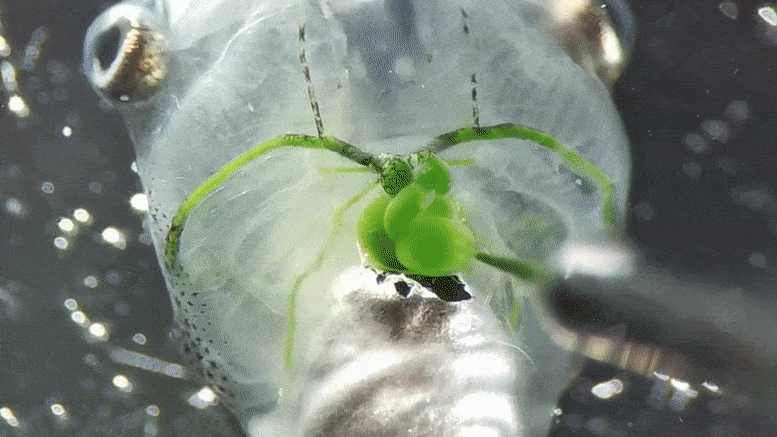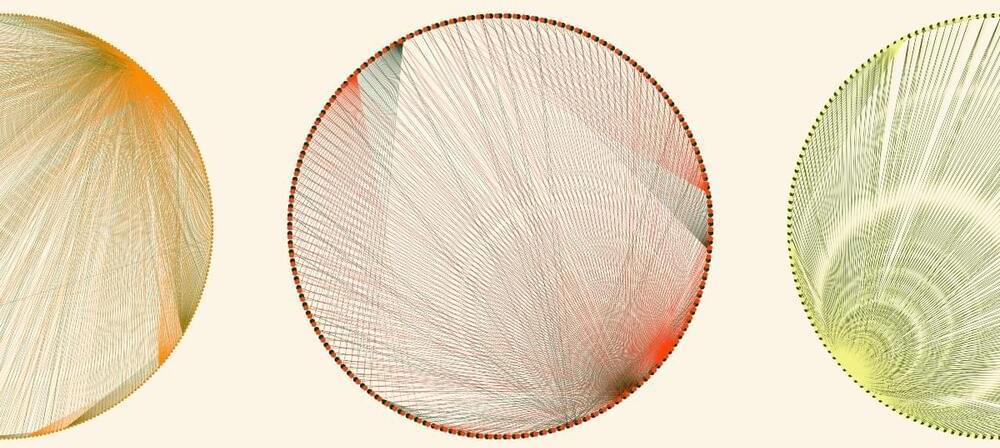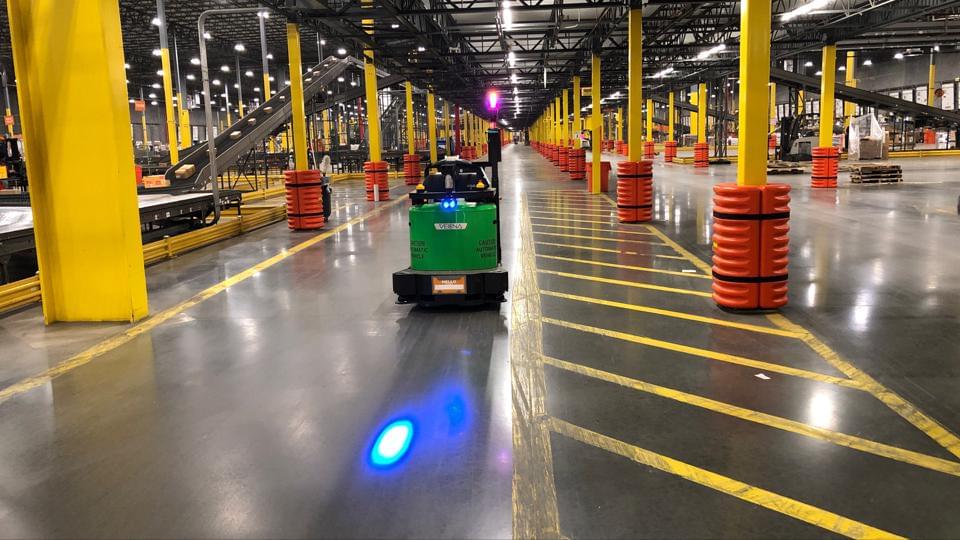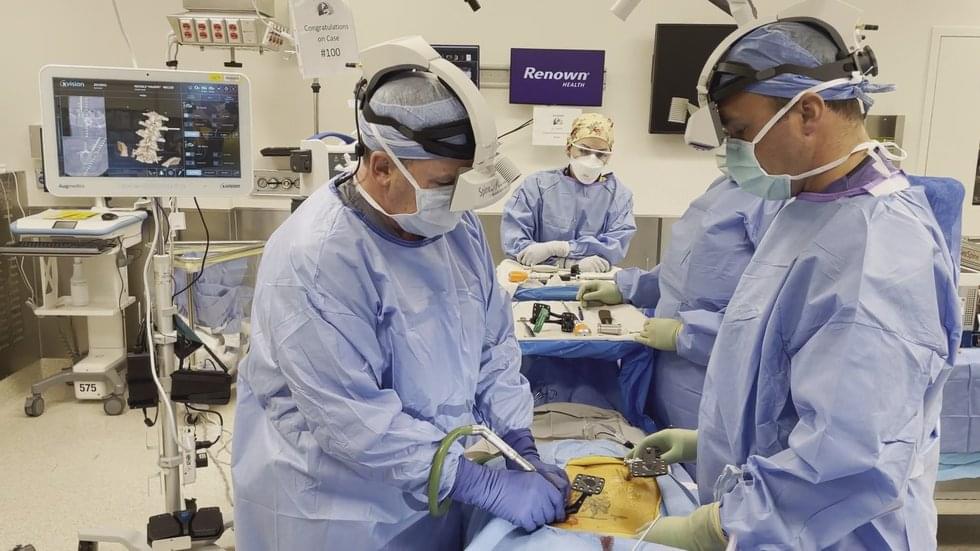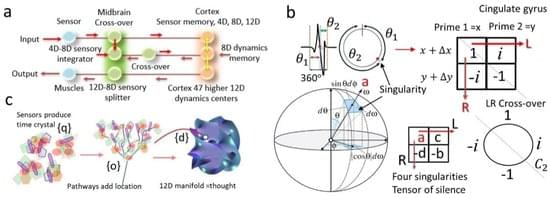Photosynthesizing algae injected into the blood vessels of tadpoles supply oxygen to their brains.
Leading a double life in water and on land, frogs have many breathing techniques – through the gills, lungs, and skin – over the course of their lifetime. Now German scientists have developed another method that allows tadpoles to “breathe” by introducing algae into their bloodstream to supply oxygen. The method developed, presented October 13 in the journal iScience, provided enough oxygen to effectively rescue neurons in the brains of oxygen-deprived tadpoles.
“The algae actually produced so much oxygen that they could bring the nerve cells back to life, if you will,” says senior author Hans Straka of Ludwig-Maximilians-University Munich. “For many people, it sounds like science fiction, but after all, it’s just the right combination of biological schemes and biological principles.”
